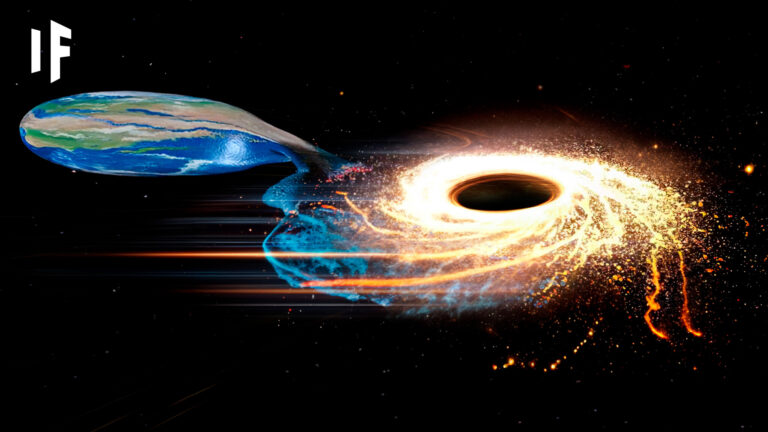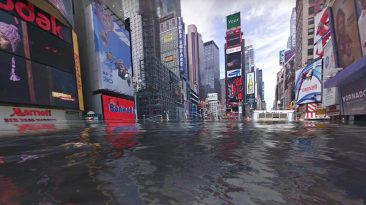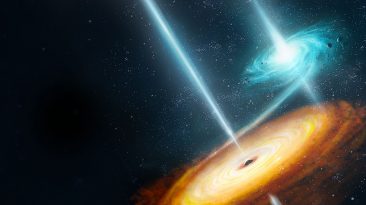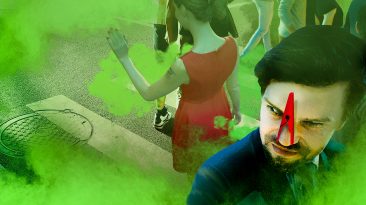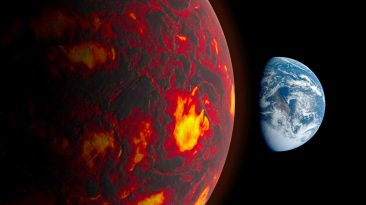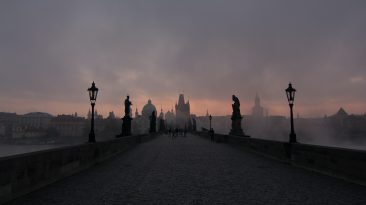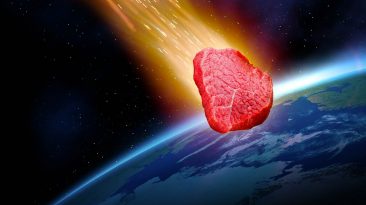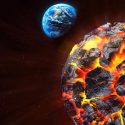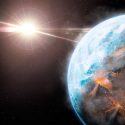A small but incredibly fast unwanted guest is about to swing past Earth at the speed of light. Yeah, this is the tiniest black hole in the Universe. But despite its small size, could it rip our planet apart?
For our story, we’ll start with a black hole a bit larger, with the exact same mass as Earth. Of course, Earth didn’t exist at the same time as one of these black holes could, but we on What If like to imagine hypothetical scenarios. And in this one, a black hole just as massive as Earth is about to hit us. Smaller than a coin, but with the gravity of our entire planet. It would fly by Earth like a bullet, and it would only take it 0.04 seconds to do so.
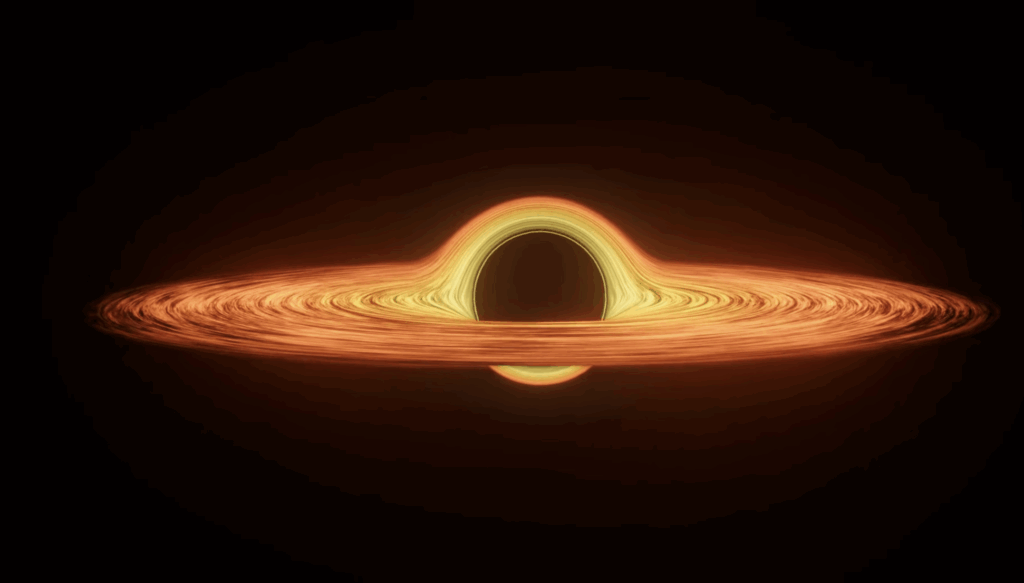
With this much gravity, it would pull different parts of Earth with different strengths. The side facing it would be stretched more strongly than the far side. These tidal forces would put some strain on Earth’s crust. Even if it didn’t go through Earth, but near it, this tiny black hole could set off tsunamis, earthquakes and volcanoes, all over the planet.
So let’s move on to a more crushing black hole. A stellar-mass black hole as massive as ten Suns.
From the moment this black hole entered the outer regions of our Solar System, the Kuiper belt, you’d only have about 5.5 hours until total chaos.
Meet Phoenix A*. The baddest, most massive black hole we have ever discovered.
This stupendously large black hole has a mass of 100 billion Suns. Its event horizon stretches 590 billion km (370 billion mi). Just so you can picture the sheer size of this gigantic cosmic deathtrap, it’s 100 times wider than Pluto’s distance to the Sun.
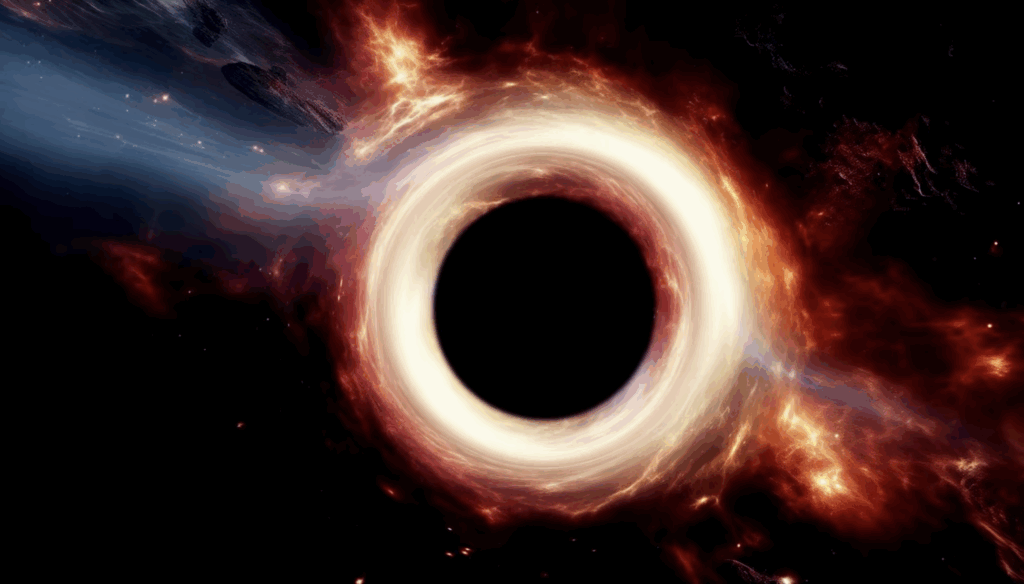
Even before this monstrosity passed the Kuiper belt in the outer regions of our Solar System, every planet in the neighborhood would feel this galactic presence. Neptune and Uranus would start to drift off their orbits first. And a few hours later, the inner planets would get massively disturbed, too.
As Phoenix A* pulled on our planet, the atmosphere couldn’t keep up. Supersonic winds would tear across every continent. And above you, satellites and debris would light up the sky, dragged from orbit like falling stars. On Earth, it would feel as if gravity disappeared for a moment. Everything would lift – people, cars, buildings, everything would be caught in a sudden free-fall.
In this brief catastrophic encounter, the human toll would be incalculable. Our entire civilization would be left to die. Most coastal cities would become underwater ruins. Inland areas would deal with earthquakes, fires and storms. It would be the end of the world for you.
Even if by some miracle, pockets of humanity survived the second of chaos, they’d face an existential challenge adapting to a planet that’s drifting toward deep freeze in outer space.


